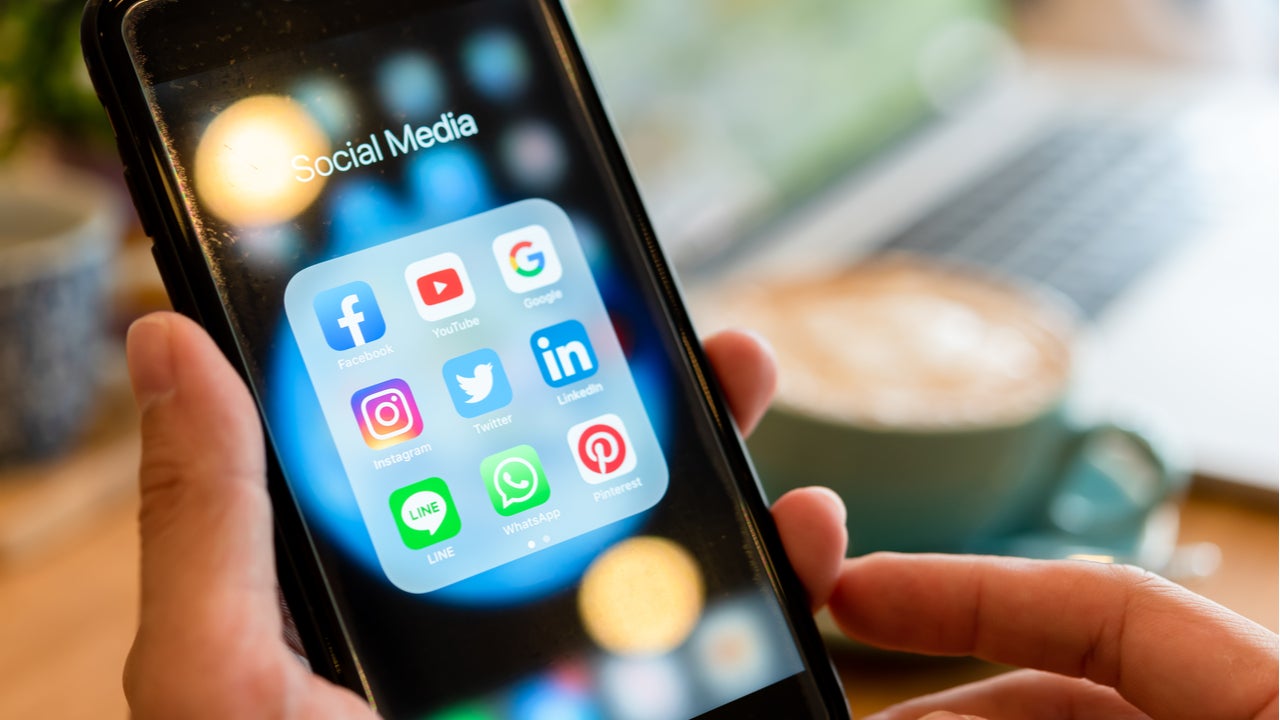
The majority of social media content includes user-generated data, which can sometimes lead to the spread of misinformation. Social media led to the spread of inaccurate information during the Covid-19 pandemic about cures and treatments apart from conspiracy theories.
Listed below are the key macroeconomic trends impacting the social media theme, as identified by GlobalData.
Covid-19
Social media has played a vital role during the pandemic, allowing people to stay connected with friends and family and providing entertainment. Social media user numbers increased by more than 13% in 2020, equivalent to nearly half a billion new users, according to the Digital 2021: Global Overview Report published by DataReportal.
However, the pandemic also brought with it a flood of misinformation, ranging from conspiracy theories attributing the virus to 5G radiation to miracle cures such as drinking or injecting bleach.
Covid-19 is likely to be a point of no return for big social media companies on misinformation. These companies have actively tackled the dissemination of fake news during the pandemic. This shift to a more proactive stance on misinformation will likely be permanent, as, after the pandemic, they will be expected to keep policing harmful content.
India
India is Facebook’s biggest market, with more than 340 million users in 2020. The company announced it was investing $5.7bn in the Indian mobile internet company Reliance Jio in April 2020. This investment will give Facebook a major foothold in India, where its WhatsApp chat service has 530 million users and now includes a payments service, launched in November 2020.
How well do you really know your competitors?
Access the most comprehensive Company Profiles on the market, powered by GlobalData. Save hours of research. Gain competitive edge.

Thank you!
Your download email will arrive shortly
Not ready to buy yet? Download a free sample
We are confident about the unique quality of our Company Profiles. However, we want you to make the most beneficial decision for your business, so we offer a free sample that you can download by submitting the below form
By GlobalDataYouTube and Instagram are the other two most prominent social media platforms in India, with 450 million and 210 million users, respectively, according to Indian government estimates. Social media giants, however, must navigate India’s ever-changing regulatory landscape. Sweeping new rules announced in February and March 2021 made social media companies responsible for the content posted on their platforms, with authoritarian undertones.
Companies are required to take down within 36 hours of receiving an order any offensive content that threatens the “unity, integrity, defence, security or sovereignty of India” or “causes incitement.” The new rules can also require companies to break into encrypted messages to identify the “first originator” of information to assist with the “prevention, detection, investigation, prosecution or punishment of an offense related to sovereignty and integrity of India, the security of the state, friendly relations with foreign states.”
China
China is the world’s largest internet market with nearly one billion internet users. Tencent pioneered the mobile internet and is the world’s largest gaming company. Chinese players cover all online activity, including digital payments, e-commerce, and now, abetted by the pandemic, online education, and healthcare. China’s internet platforms, including social media companies, however, are getting caught in the escalating government crackdown on the tech sector, which has become a target due to its growing influence.
China’s antitrust regulator has gone from ignoring the booming tech industry to implementing strict measures against Chinese tech giants’ alleged anticompetitive practices. A significant result of this crackdown is the opening up of the digital payments market currently dominated by Tencent and Alibaba. ByteDance launched a third-party payment service for Douyin, the Chinese version of TikTok in early 2021. The service is called Douyin Pay and will allow the company to use its 600 million daily users to grow its ecommerce presence.
This is an edited extract from the Social Media – Thematic Research report produced by GlobalData Thematic Research.





Related Company Profiles
Beijing ByteDance Technology Co Ltd
Tencent Holdings Ltd
Meta Platforms Inc